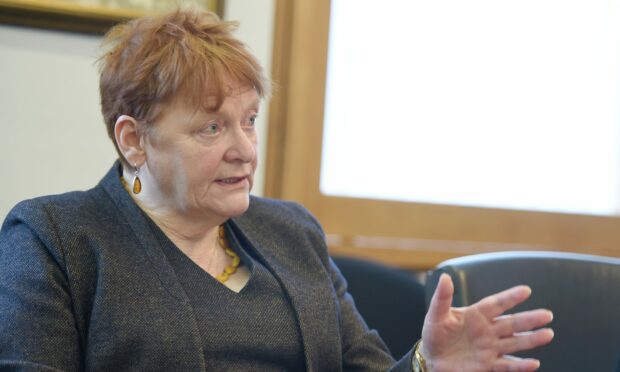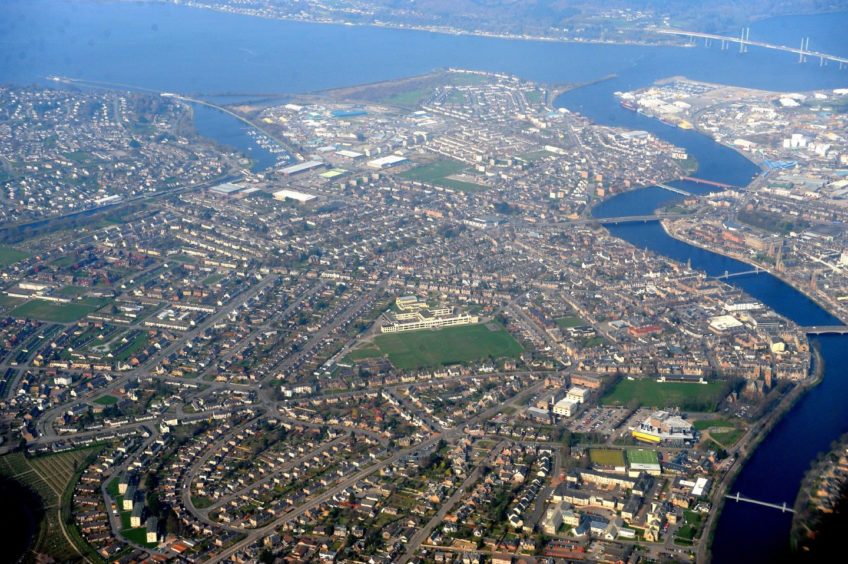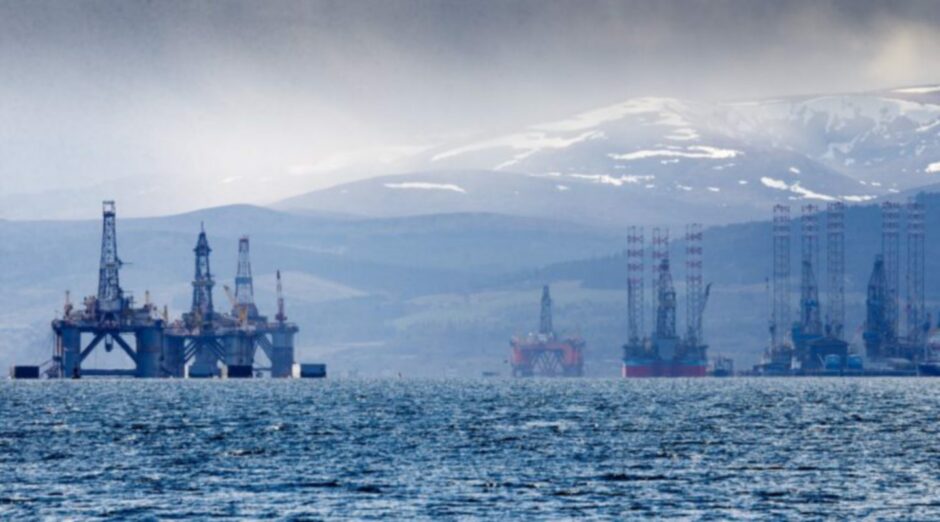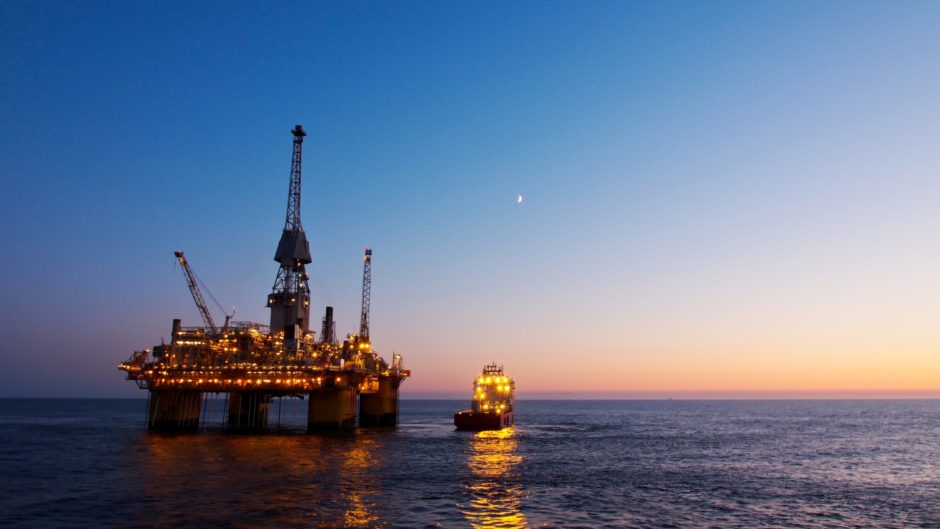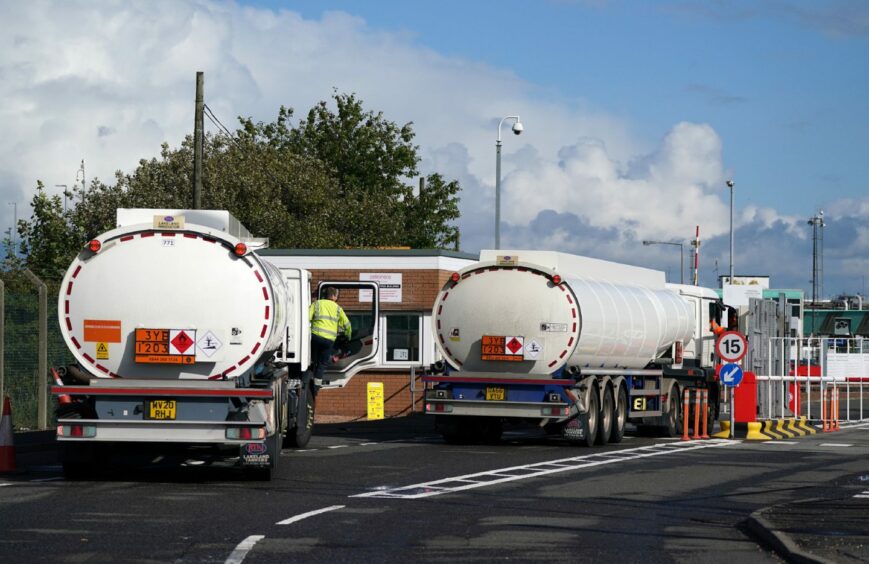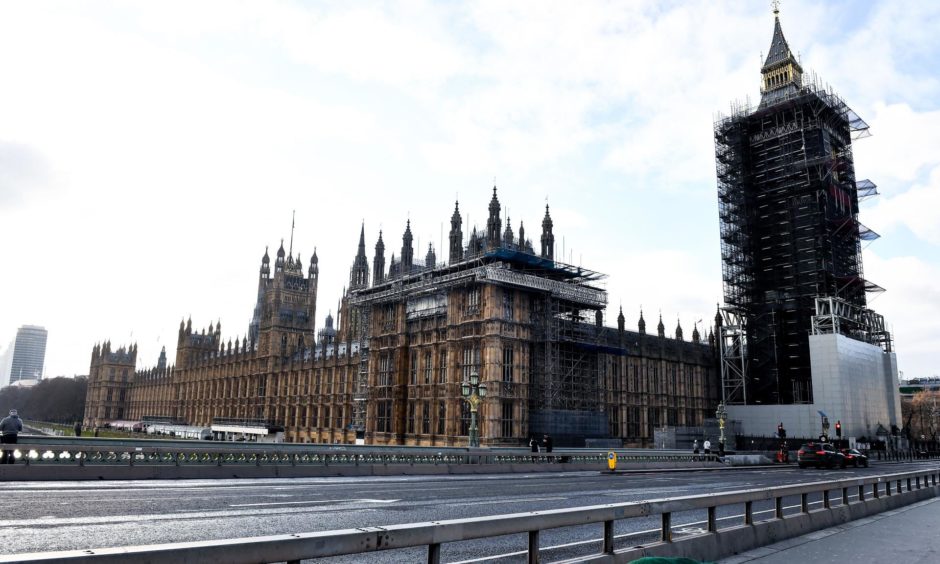Highland Council leader Margaret Davidson has called for radical action to transform the north.
It’s a region with a wealth of natural resources, meaning it punches well above its weight in energy production.
Yet many Highland communities continue to live in fuel poverty and rural isolation.
Mrs Davidson believes it is time to reset that balance.
She said: “We have the landscape and we have the renewables.
“So yes, come up here and do hydrogen, do wind energy, but you will be expected to support our infrastructure and our socio-economic development.”
‘We can’t keep doing what we’ve always done’
The environmental credentials of the Highlands turned heads at the London Real Estate Forum last week.
The annual forum brings together thought-leaders to consider how to shape better cities.
The two-day event on September 29-30 the council leader meet potential investors and share plans with other city leaders.
Councillor Davidson said she is now determined to “turn potential into fact”.
She said: “We need to be crystal clear about how we plan to get to net zero carbon.”
“We have done all this work but what does it mean in terms of carbon reduction? How much reduction? What are the milestones? We have to be able to quantify it. This is an area that’s hugely important not just for Highland but for the whole country.”
Mrs Davidson highlighted several economic development opportunities that Highland must seize. “We can’t keep doing what we’ve always done,” she said.
Green port or free port?
The hydrogen economy is potentially transformative for Highland.
With the region already punching well above its weight in renewable energy production, council is working with industry partners to use those renewables to produce hydrogen.
Back in March, councillors were told that hydrogen could “evolve the region’s unique role as Scotland’s engine for renewables”.
Members of Highland Council threw their weight behind proposals for a green hydrogen hub at the Cromarty Firth, and to designate the area as a Green Port – a new Scottish Government model adapted from the UK Government’s freeport scheme.
Not that the leader of the council is taking too much heed of the semantics: “Call it freeport or call it green port, we need all the help we can to get there, as this is an area of national importance.”
No more scraps on the table
If all that potential is recognised, the council is clear that the people living in the north should see the benefit.
Councillor Davidson said: “We are massive exporters of renewable energy and it’s only getting bigger.
“I’m astonished at the range of ideas coming forward. But we need to be telling these big firms that they must leave more behind than just the scraps on the table.
“Just as Norway has an oil fund, we need an energy fund.”
Mrs Davidson says responsible firms with clear 10-year strategies for moving towards net zero should be encouraged, but the council must ensure that it’s not just the big estates mopping up the money.
Communities must also benefit from these development opportunities. The council – she says – will have higher talks with both governments and intends to “ask with a clear, loud voice”.
Work must begin at home
That said, the leader acknowledges that the council must also set its own house in order.
While it settles to the task of moving its fleet electric, it also has a big exercise in shifting its HGVs and private cars to hydrogen fuel.
Meanwhile, between public and private sector, Mrs Davidson acknowledges that Highland has some of the poorest housing in Scotland.
According to the Scottish Housing Condition Survey published in February this year, one third of Highland households are living in fuel poverty – significantly above the Scottish average of 24%.
The council’s own figures also show that around 12% are living in ‘extreme’ fuel poverty.
These stark figures coupled with the council’s declaration of a climate emergency have led to an extensive retrofitting exercise across the council’s property estate, starting with its 15,000 tenants.
Mrs Davidson also wants the local authority to consider private sector housing and raise ambitions across the board.
Lessons from London
She is frank about Highland’s approach to date. “We need to sell better,” the councillor said.
“We’re forever on the edge. Yes, some investors might grab us, but many others need us to get in front of them and sell Highland.
“We also need to prioritise. It costs a lot to do these projects, and as we redo our capital programme we simply can’t ignore the fact that we have these ambitious targets to hit.”
If Highland does its part, says Mrs Davidson, then both the UK and the Scottish governments need to deliver the legislation and the finance to crank up progress.
She added: “The big lesson I have taken from down south is that despite our geographical size and incredible opportunities, we have to work very hard to attract the investment.
“We need to get both governments in the zone to help us deliver benefits for the whole country.”
